

Information for Patients
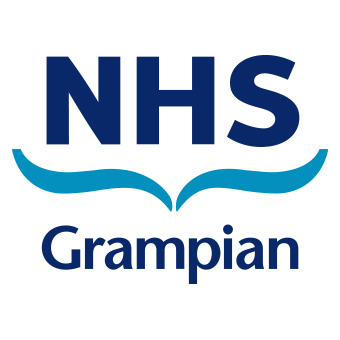
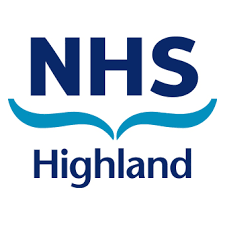
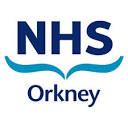
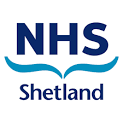
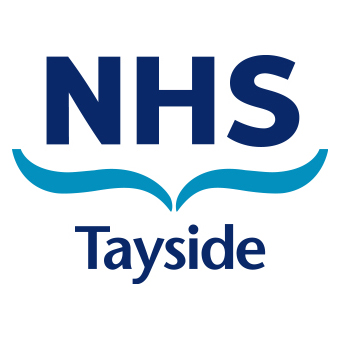
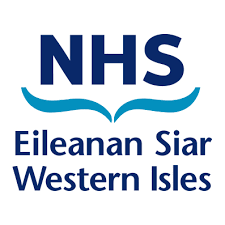
Information for Patients
Further information on cancer clinical trials in the UK is available from the Be Part of Research website which includes a search function to find out what trials are available across the UK. Please speak to your cancer professional about getting involved in cancer clinical trials.
Some results from previous trials in the North of Scotland are available below:
AspECT (Oesophageal cancer)
This trial was done to find out if aspirin and esomeprazole can help prevent cancer of the food pipe (oesophagus) in people with Barrett's oesophagus. This trial recruited in many hospitals in Scotland. More information can be found here.
AVAST-M (Melanoma)
This trial looked at whether bevacizumab after surgery helped people live longer, or stopped melanoma coming back, in people who were at high risk of recurrence. This trial recruited in Edinburgh, Glasgow, Dundee and Aberdeen. More information can be found here.
ICON8 (Gynaecological cancer)
This trial compared chemotherapy every week with chemotherapy every 3 weeks for ovarian cancer, fallopian tube cancer or primary peritoneal cancer. This trial recruited in Glasgow, Dundee and Aberdeen. More information can be found here.
Neo-tAnGo (Breast cancer)
This trial was trying to find the best combination of drugs to treat women who have chemotherapy before surgery for breast cancer. This trial was supported by Cancer Research UK. This trial recruited in many hospitals in Scotland. More information can be found here.
PLUTO (Renal cancer)
This trial looked at pazopanib for transitional cell cancer of the urinary tract that either hadn’t gone away or came back after treatment with chemotherapy. This trial recruited in Glasgow and Aberdeen. More information can be found here.
SCOT (Colorectal cancer)
This trial compared 3 months with 6 months of chemotherapy for people who had surgery for bowel (colorectal) cancer.
Doctors often treat bowel cancer with chemotherapy after surgery. This helps to stop the cancer coming back. People usually have treatment for 6 months. But when the researchers did this trial, research had suggested that 3 months would work as well. This trial recruited in many hospitals in Scotland. Results of the trial can be found here.
SOLE (Breast cancer)
This trial compared taking letrozole all the time with stopping and starting treatment. It was for women who had been through the menopause and had early breast cancer that has tested positive for hormone receptors. This trial recruited in many hospitals in Scotland. More information can be found here.
SORCE (Renal cancer)
This trial compared sorafenib with a dummy tablet (placebo) after surgery for renal cell cancer (kidney cancer) that had not spread.
The trial was open for people to join between 2007 and 2013, and the team published the results in 2020. This trial recruited in Edinburgh, Glasgow and Aberdeen. Results of the trial can be found here.
STAMPEDE (Prostate cancer)
The STAMPEDE trial has published interim results on, celecoxib has no survival benefit when added to hormone therapy to men with localised prostate cancer but may be beneficial when prostate cancer has spread to other parts of the body; adding docetaxel to standard hormone therapy improves the survival of men with prostate cancer; radiotherapy alongside standard treatment improves survival for men with advanced prostate cancer; abiraterone in hormone sensitive prostate cancer. The cancer research team at Raigmore Hospital in Inverness have been consistently high recruiters to the STAMPEDE study, which continues to recruit men with prostate cancer. Click here for more information on the STAMPEDE results.
TACT 2 (Breast cancer)
This trial compared 2 weekly with 3 weekly epirubicin followed by either CMF or capecitabine, after surgery for breast cancer. This trial recruited in many hospitals in Scotland. More information can be found here.
